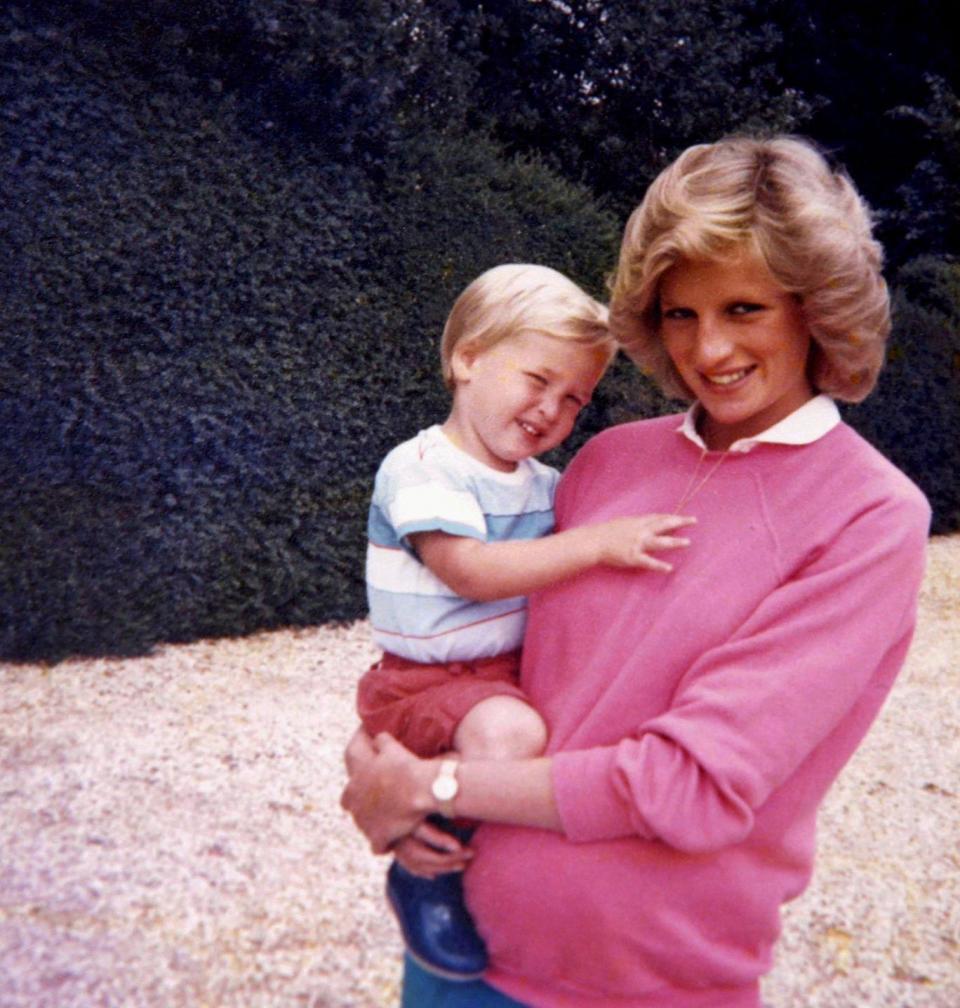Sam Leith: The sexual-identity debate is so much more complicated than man and woman

The speed with which matters of sexuality and identity in this country are being liberalised shows no sign of decreasing.
We are 50 years on from the decriminalisation of homosexuality for men. Section 28 is a smudge in the rear-view mirror. Less than five years ago same-sex marriage became legal. And the Government is now planning sweeping changes to the treatment of trans people.
The suggestion is that trans people will now be able to self-certify, with a statutory declaration that they “intend to live in the acquired gender until death” sufficient to secure a new passport and birth certificate. There’ll be no requirement that you live in your target gender for two years, nor that you secure a medical diagnosis of gender dysphoria, nor that you undergo surgery.
The basic principle underlying this seems to me both decent and reasonable. Most importantly, it de-medicalises the process. It says that trans identity is not a mental pathology. Let’s not forget that until 1987 homosexuality was listed as a psychological disorder. It was an important step forward for LGBTQ rights that this injustice was corrected.
You might make a narrower cavil, however. There is an argument that the requirement that you live in the preferred gender for the rest of your life re-entrenches a narrowly binary idea of gender. What of the non-binary or “gender fluid” — who might not identify as male or female, and may take the view they have a perfect right to identify as one thing at one point and another, or a third thing, at a later date?
And then there is the point at which the extreme constructivist position — that gender has nothing whatever to do with physical biology — crunches into what might be called the reality-based community. Our whole society — as witness the row about the BBC pay gap — is organised around gender difference, and that is substantially rooted in ideas about biology. The viciousness of the fights that are waged in this area testifies to that.
Many feminists argue that though trans women may be oppressed and erased and shamed more drastically than the average born woman, the nature of that oppression is different. Many trans women find that enraging: where they looked for allies they see a door slammed in their faces. A traditional, class-based analysis of female oppression, here, clashes with a more individualistic account of the rights and feelings of people who self-identify in a certain way. There isn’t a straightforward way to resolve that clash.
It is easy to come up with reductio ad absurdums. What if several dozen hairy-arsed Hells Angels in jail for violent crimes decided, en masse, to identify as Doris or Petunia and demanded to be transferred to HMP Holloway? What if women’s refuges and rape-crisis centres suddenly filled with biological males to the alarm and distress of cis women who, while having no particular beef with the trans community, will for obvious reasons feel less safe in the presence of ostensibly male bodies?
These extreme positions tend not to tell us much about the way in which the proposed new laws will affect the lives of the vast majority of trans people — who aren’t identifying differently on a whim. Arguments about single-sex toilets are, fundamentally, a distraction from the seriousness of the topic.
This needs careful thinking about, thoughtful legislation, and, you might well say, less input from cis male newspaper columnists like me. But no man, woman, trans man, trans woman or nonbinary person, is an island. And for what it’s worth, this cis male thinks that the direction of travel is the right one.
Diana and the princes’ hindsight

Princes William and Harry have spoken very poignantly about their last phone call with their mother in 1997.
Prince William says he was “just in a desperate rush to say goodbye”; Harry, that “as a kid I never enjoyed speaking to my parents on the phone” but “all I do remember is … probably regretting for the rest of my life how short that phone call was”.
How that will resonate with any parent, with any child
Here’s a universal token of the way in which, so to speak, we all walk backwards into the future and only see what a moment means when it’s beyond our power to change it. The royal status of Diana — pictured with a young Prince William while she was pregnant with Harry — has never seemed so marginal as in this story.
Most telling, too, is how the boys describe watching the lachrymose crowds outside Kensington Palace and wondering, in Harry’s words, how people who never met her could be “showing more emotion than I am actually feeling”.
That’s the difference between mourning a mother and mourning an idea.

 Yahoo News
Yahoo News 
